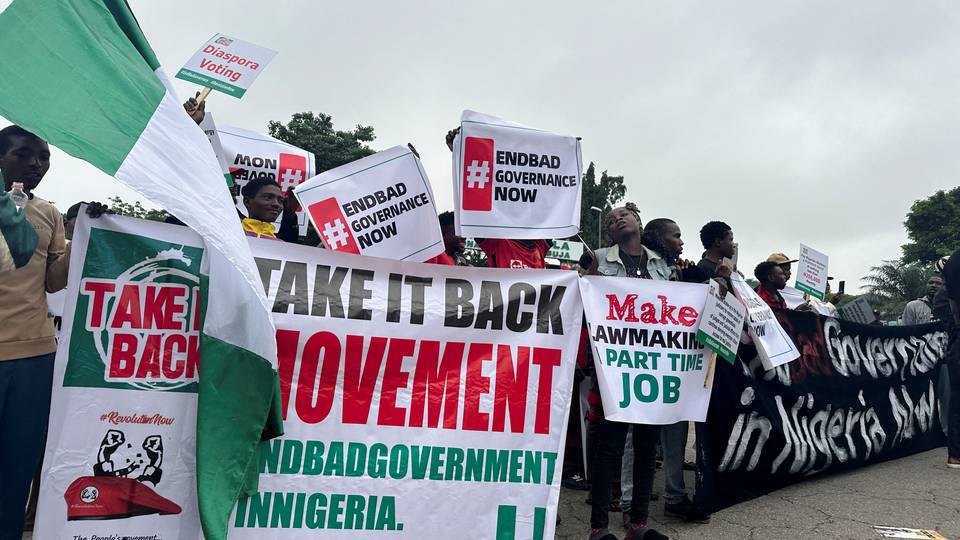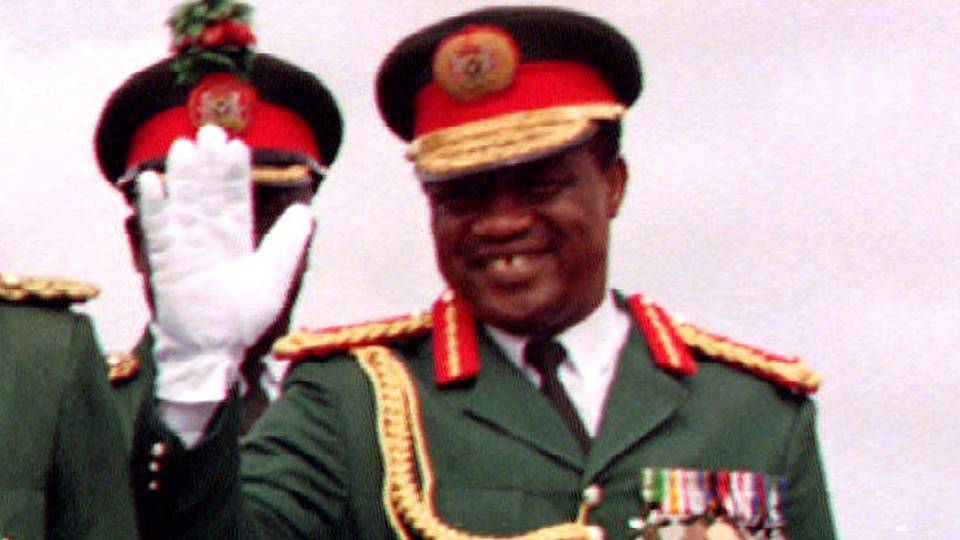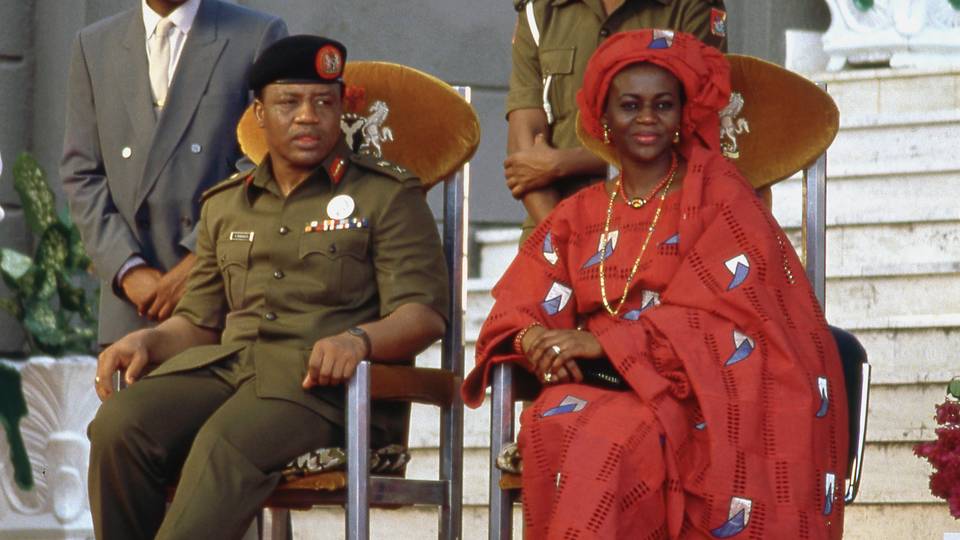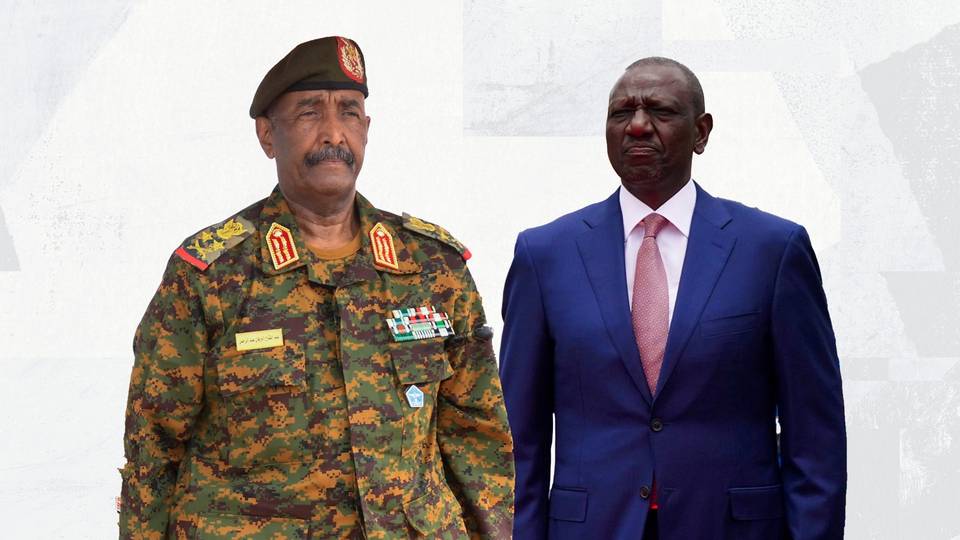Sport
Dollar
38,2552
0.34 %Euro
43,8333
0.15 %Gram Gold
4.076,2000
0.31 %Quarter Gold
6.772,5700
0.78 %Silver
39,9100
0.36 %Public anger is brewing in Nigeria over unprecedented escalating inflation rates in the country.

By Abdulwasiu Hassan
A little over a year since President Bola Tinubu's government took a leap of faith with Nigeria's most radical policy statement in recent history — the removal of fuel subsidy — the economic, social and political repercussions of the move may have taken many by surprise.
Tinubu's May 29, 2023 declaration of the subsidy removal has sent petrol pump prices surging from around N190 (US $0.11) to N700 ($0.42) a litre, impacting the overall cost of living countrywide.
The simultaneous switch to a floating rate for the naira to close the gap between the official and parallel market exchange rates has also resulted in the Nigerian currency slipping from N470 to around N1,500 to a dollar.
As things stand, the West African nation is experiencing the highest cost of living in a generation. Nigeria's inflation rate hit 34.19% in June, compared to 22.41% in May 2023.
Many Nigerians taking part in the proposed August 1-10 agitation over increasing economic hardship feel the government needs to reverse its policies, which they see as the root cause of the problem.
Occupy-Nigeria echo
This isn't the first time that Nigerians are openly opposing austerity measures introduced by the government of the day.
On January 2, 2012, hordes of citizens took to the streets to voice their opposition to the then federal government's decision to remove the fuel subsidy. Former President Goodluck Jonathan's government explained that fuel subsidy needed to go because it was wasteful and unsustainable.
The move drove the price of fuel from N65 to N141 overnight. Nigerians disapproved.
The resultant protest, which came to be known as the "Occupy Nigeria" movement, extended from Abuja, Lagos, and some other cities to most of the country. After days of upheaval, some deaths, and injuries to many, the government rescinded its decision.
Over 12 years later, the spectre of fuel subsidy is back to haunt the country and the current government in strikingly similar ways.
Cushioning attempt
As the combined effect of fuel subsidy removal and the devaluation of the naira bites harder, President Tinubu's government continues to roll out policies to lessen the impact of the policy change on ordinary Nigerians.
One of several such measures is the upward review of minimum wage from N30,000 to N70,000 through a bill that the President has just signed into law.
Apart from distributing farm inputs to farmers, the government has also sent truckloads of rice to all 36 states of the federation for free distribution. The government is also making cash transfers to vulnerable sections of the population.
Nigerian minister of information Mohammed Idris told reporters in Abuja that the government had launched a student loan programme for tertiary education and another one aimed at training young Nigerians in technology to improve their employment prospects.
Bad optics
The protest organisers could not be convinced by government's conciliatory efforts and the calls against the demonstrations from different quarters.
"The government requires improved optics. Government representatives down the hierarchy must tone down their pronouncements, attitudes, and general conduct. They need to convince the people that they are with them," Dr Abubakar Kari of the University of Abuja told TRT Afrika.
He said it was good that members of Nigeria's lower legislative chamber had forfeited half of their salaries in solidarity with citizens suffering because of the spiralling cost of living.
"That may not be good enough, but it's good optics for now," Dr Kari said. "Even if the planned protest fails this time, it might be sudden and spontaneous next time, in which case it won't be easy to handle."
Subsidy realities
While petrol sells for up to N700 a litre at pumps across Nigeria, the landing cost is N1,117, according to the Major Energies Marketers Association of Nigeria.
Despite being a major oil producer, Nigeria relies on imported refined fuel for domestic consumption. The newly built Dangote refinery is a step towards eventually weaning the country off imports, but that isn't happening quickly.
NNPCL, the country's sole fuel importer, has consistently said the country cannot afford to subsidise energy.
Given the economy's dynamics, how much can the government bend, and how will the agitation pan out?
Senior officers of Nigeria's police force have been instructed to ensure that civilians participating in the planned protest don't come to harm. The security forces have warned protesters against violence.
"Anything can happen. It might be a storm in a teacup. It might enjoy spontaneous and wide acceptability," Dr Kari told TRT Afrika.
"Nigeria has lived through protests before, but what's different this time is the level of public anger and disenchantment. Many Nigerians feel they have nothing left to lose."
➤ Click here to follow our WhatsApp channel for more stories.
Comments
No comments Yet




















Comment